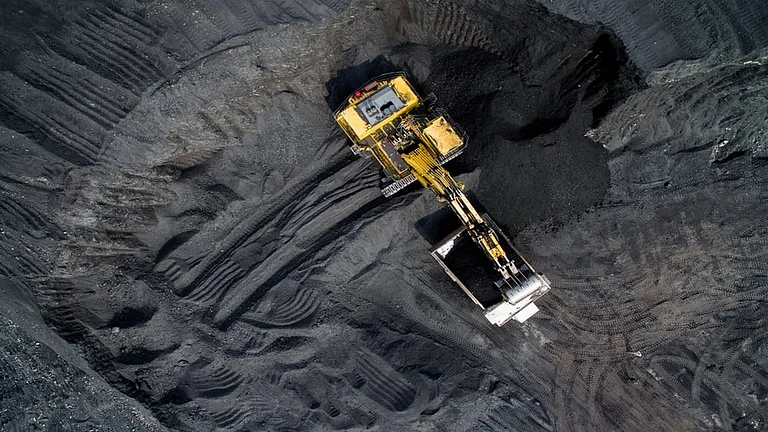Carbon Capture, Utilisation and Storage (CCUS), a technology seen as essential to decarbonising heavy industries and power generation, remains too costly to be deployed at scale without significant investment in research and development, the head of a major Indian coal company said this week.
Speaking at a press conference, Nilendu Kumar Singh, Chairman and Managing Director of state-run CCL, said India would likely have to embrace CCUS within the next five years despite its high upfront costs and technical complexity.
“For decarbonisation, technologies like Carbon Capture, Utilisation and Storage are emerging as critical tools,” Singh said. “However, CCUS is still relatively new and remains highly expensive. Over the next five years, a shift towards adopting CCUS will become necessary.”
The International Energy Agency defines CCUS as the process of capturing carbon dioxide emissions—typically from large industrial sites or power plants—and either using the gas in industrial applications or injecting it deep underground into geological formations such as depleted oil fields or saline aquifers.
Singh noted that most existing discourse around CCUS, in India and abroad, remains focused on the capture and storage aspects of the technology. “In Europe, several studies have been conducted that emphasise the need to consider the entire carbon usage cycle,” he said. “Currently, the focus is primarily on capturing and storing carbon, but equal attention must be given to its potential utilisation.”
He also cautioned that the economics of CCUS remain unfavourable, especially for developing economies. “Given the high costs involved, the economic viability of CCUS must be carefully evaluated,” Singh said, underscoring the importance of sustained public and private investment in research and innovation to reduce those costs.
In parallel with its interest in decarbonisation pathways, CCL is moving ahead with plans to expand its coal washing capacity. The company plans to open four new coal washeries and is in discussions for a fifth, Singh said.
The new Kathara, Rajrappa, and Dhori washeries will each have a capacity of 3 million tonnes per year. The Basantpur Tapin Washery is expected to handle 4 million tonnes annually, while the New Swang Washery will have a capacity of 1.5 million tonnes.
Coal washeries are a key component in improving fuel quality and reducing emissions from coal combustion, although they remain controversial in the broader push for cleaner energy systems.
Still, Singh’s remarks suggest that India’s state-run coal companies are beginning to grapple with the global climate agenda, even as coal remains central to the country’s energy mix.
































